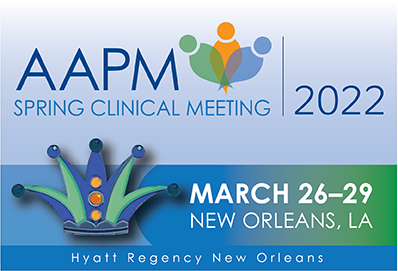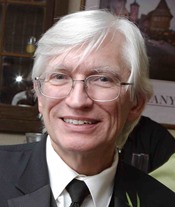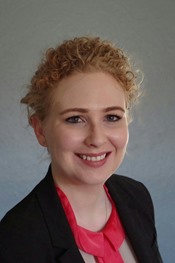Causal Analysis
B Thomadsen1*, G Kim2*, C Buckey3*, (1) University of Wisconsin, Madison, WI, (2) University of California, San Diego, La Jolla, CA, (3) Mayo Clinic Arizona, Phoenix, AZ
Presentations
(Sunday, 3/27/2022) 10:30 AM - 12:30 PM [Central Time (GMT-5)]
Room: Celestin D-E
The session will give attendees a full-spectrum understanding of how to perform a causal analysis for unintended events in radiotherapy, radiology, and nuclear medicine. Medical physicists in all disciplines serve on teams that analyze treatment and protocol deviations, high severity, near-misses, and unsafe conditions that have led to potential or real harm and are uniquely positioned to be able to lead such investigations. This session will outline multiple techniques that will allow physicists to perform successful analyses; to permit thorough, and systematic review of events; and will provide a practical paradigm to formulate actions to address identified gaps in safety and quality.
This hands-on session has time allowed to outline the techniques and skills needed for a successful incident investigation. The attendees will become familiar with best practices for successful nonjudgmental investigation, beginning with establishing and supporting a safety culture and reporting culture; using vetted techniques to standardize investigating that permit analysis that is both timely and thorough; determining when and how practice changes can be implemented to maximum positive effect; and suitable follow-up to determine if intended changes have yield the desired results.
Learning Objectives:
1. Learn how to initiate a causal analysis and gather data for investigating process.
2. Understand the challenges of collecting and managing the data and contributing factors.
3. Learn how to avoid future incidents by developing appropriate recommendations to address causal factors.
Handouts
- 174-60570-15991653-182381-422246095.pdf (B Thomadsen)
- 174-60571-15991653-182311-1503238647.pdf (C Buckey)
- 174-60694-15991653-182366-1926442764.pdf (G Kim)
Keywords
Not Applicable / None Entered.
Taxonomy
Not Applicable / None Entered.
Contact Email





